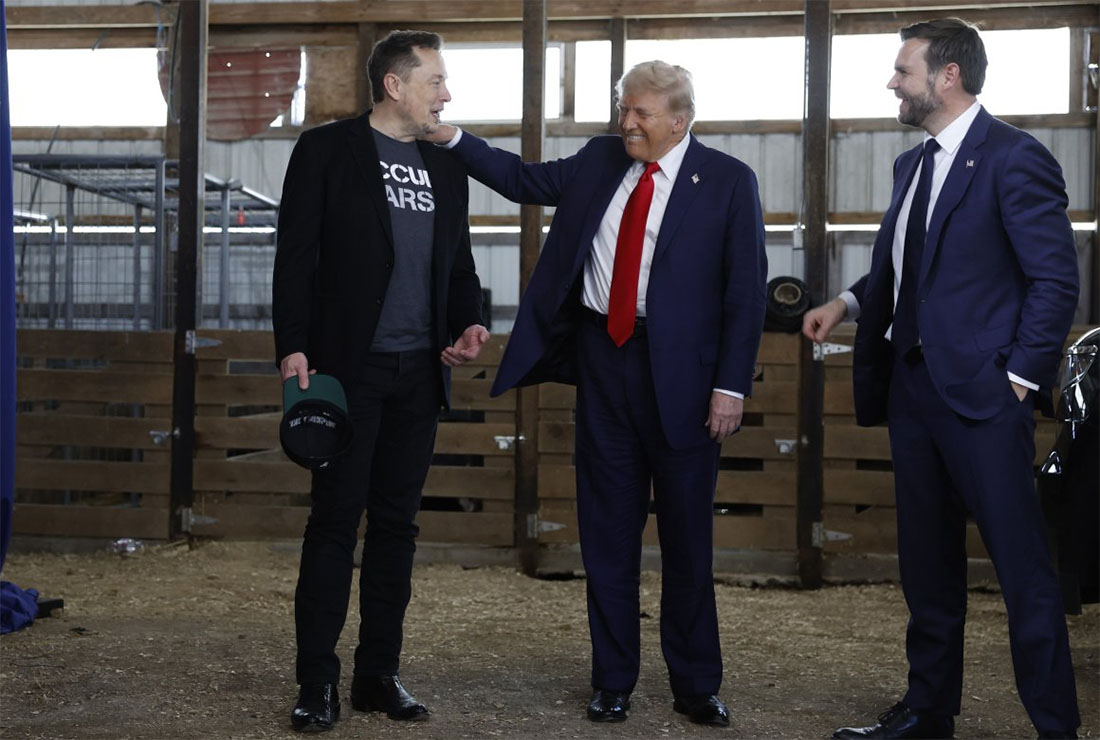
Photo Credit: Getty Images
President-elect Donald Trump's transition team revealed plans to eliminate the $7,500 consumer tax credit for electric vehicles. The announcement triggered immediate repercussions across the automotive sector, with Tesla shares dropping 6% to $311.18, while Rivian plunged 14% to $10.31, and Lucid fell 5% to $2.08.
The initiative, spearheaded by Continental Resources founder Harold Hamm and North Dakota Governor Doug Burgum, aims to dismantle a cornerstone of Biden's Inflation Reduction Act. Tesla, surprisingly, has expressed support for ending the subsidy, with CEO Elon Musk suggesting in July that while the move might "slightly hurt Tesla sales," it would prove "devastating" to competitors.
Nicholas Mersch, portfolio manager at Purpose Investments, offered insight into Tesla's position: "Getting rid of the subsidy means that competitors can't catch up and won't be able to compete on a cost basis." Tesla's market dominance – controlling nearly half of U.S. EV sales in the third quarter according to Cox Automotive – positions it uniquely to weather this change.
For traditional automakers, the stakes are considerably higher. Ford projects a $5 billion loss on its EV operations this year, while GM reported receiving $800 million in EV manufacturing credits. UAW president Shawn Fain warned that "hundreds of thousands" of auto industry jobs hang in the balance.
The Alliance for Automotive Innovation emphasized the broader implications in an October 15 letter to Congress, calling the credits "critical to cementing the U.S. as a global leader" in automotive manufacturing. Mike Murphy of the EV Politics Project criticized the proposal as a "Tesla first, everybody else second" policy, warning it could leave American automakers vulnerable to future competition from Chinese manufacturers.
The impact extended globally, with South Korean battery makers experiencing significant losses. LG Energy Solution, a key supplier for Tesla and General Motors, saw its shares fall 10%, while Samsung SDI dropped 9.6%.
The Republican Congress plans to implement these changes through reconciliation, potentially using the savings to extend Trump-era tax cuts. While some of Biden's clean-energy policies may survive due to their popularity in Republican states, the EV credit appears particularly vulnerable, reflecting a broader shift in American energy and automotive policy under the incoming administration.
















